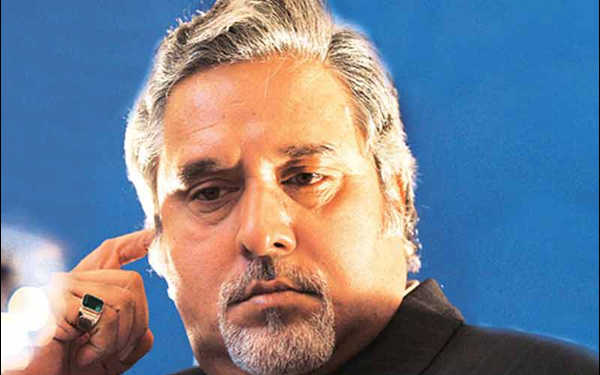The infamous liquor Baron Vijay Mallya claimed in a media statement that he is “making every effort” to settle his dues but he had been made the “Poster Boy” of bank default and a ‘lightning rod for public anger’. He also released a letter to the public which he had written to Prime Minister and Finance Minister dated April 15, 2016. He said “I wrote letters to both the PM and the Finance Minister on 15th April 2016 and am making these letters public to put things in right perspective. No response was received from either of them.” It seems that Vijay Mallya is trying to play the victim card here. If he was willing to pay to the banks, he should have fought the case with the investigating agencies like ED, CBI, Serious Fraud Investigation Office (SFIO) which were prosecuting him. The Prime Minister’s office or the Finance Ministry is not grievance redressal system to respond to a letter of private individual. He could not be treated as someone special because he defaulted on loans by banks.
The important thing to note here is that the statement from Mallya comes after Enforcement Directorate (ED), the law enforcement agency and economic intelligence agency responsible for enforcing economic laws and fighting economic crimes moved to the special court for “immediate confiscation” of attached assets valued at over Rs 12,400 crore of Kingfisher owner Vijay Mallya under the Fugitive Economic Offenders bill, 2018. The Fugitive Economic Offenders ordinance was approved by cabinet in April this year to address the issue of economic offenders like Vijay Mallya and Nirav Modi avoiding criminal prosecution. The ordinance defines a fugitive economic offender as “a person who has an arrest warrant issued in respect of a scheduled offense and who leaves or has left India so as to avoid criminal prosecution, or refuses to return to India to face criminal prosecution.”
The statement by Mallya which was released in the United Kingdom reads “I have been accused by politicians and the media alike of having stolen and run away with Rs 9,000 crores that were loaned to Kingfisher Airlines (KFA). Some of the lending Banks have also labeled me a willful defaulter. The Central Bureau of Investigation (CBI) and Enforcement Directorate (ED) have filed charge sheets against me with various untenable and blatantly false allegations acting at the behest of the Government and lending Banks. The ED has also attached assets belonging to me, my Group Companies and companies owned and/or controlled by my family under the Prevention of Money Laundering Act (PMLA) currently valued at approximately Rs. 13,900 crores.”
The Kingfisher Airline Company run by Vijay Mallya ran into losses since its inception in 2002 and finally closed its operation in 2012. The defunct airline has a loan default case of around Rs 10,000 crore from a consortium of 17 banks. Most of the loans were from public sector banks, with State Bank of India being the largest loan provider. Vijay Mallya was a member of Rajya Sabha between the period of 2002-2008 and 2010-2016, and it is alleged that he used his political influence to get loans from public sector banks. The huge amount of loans which Vijay Mallya got from public sector banks despite his company running in losses shows the vulnerability of these banks under political influence. The major assets attached by ED under PMLA include a farmhouse in Mandwa in Alibaug, multiple flats in Kingfisher tower in Bengaluru, fixed deposits and 25.14 lakh shares of United Spirits Ltd, 4 crore shares of United Breweries Ltd and 22 lakh shares of Mcdowell Holding Company. According to some analysts, the worth of attached assets is more than the total amount of defaulted loans, therefore, the banks could expect a complete recovery if the auction is carried out. The latest activity by Mallya shows that he is very disturbed by the move of Modi government’s Fugitive Economic Offenders bill under which his properties could be ceased and auctioned. These properties worth more than defaulted loans and that is the reason Mallya is now in a hurry to settle his dues with the banks.




















